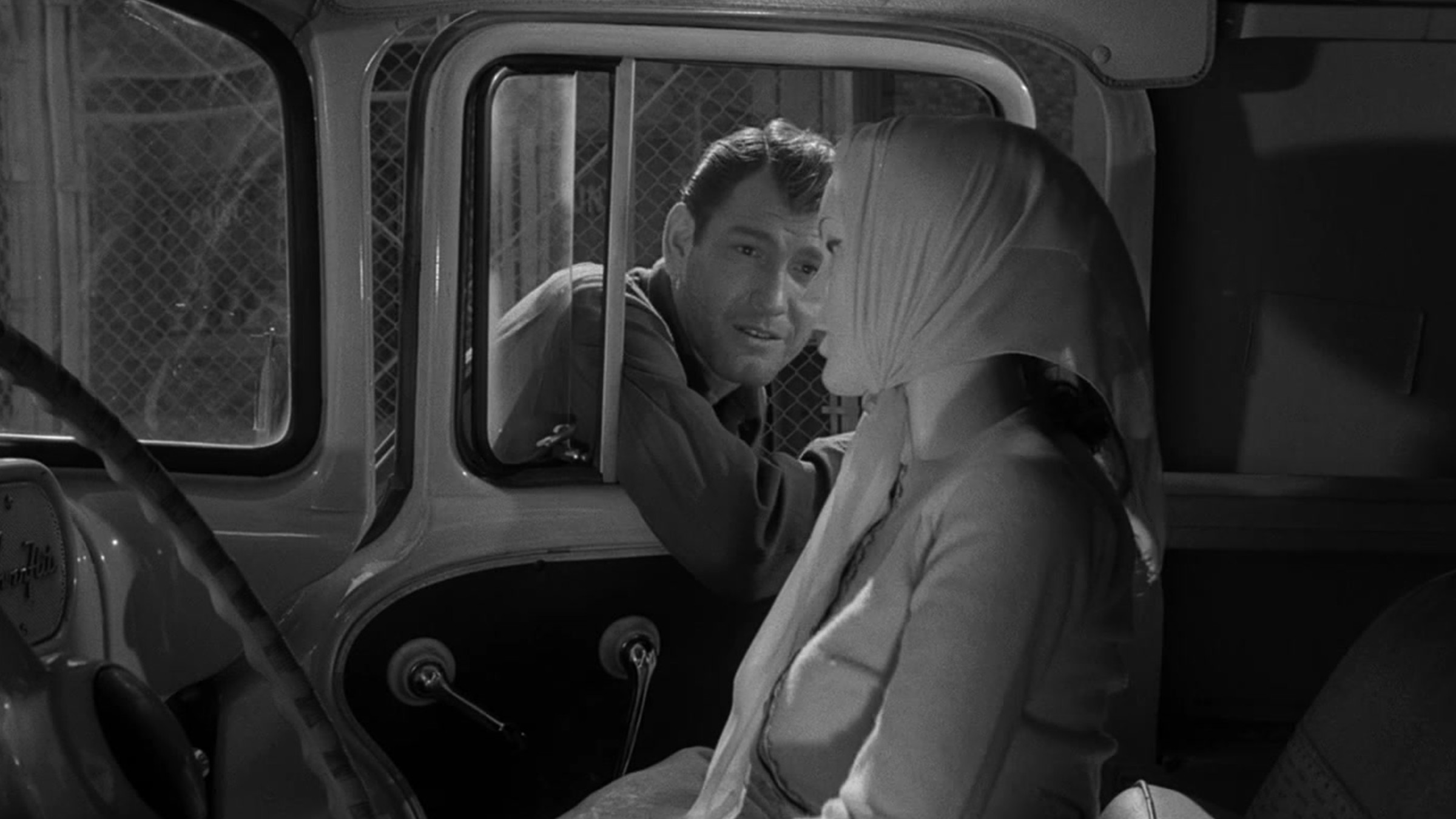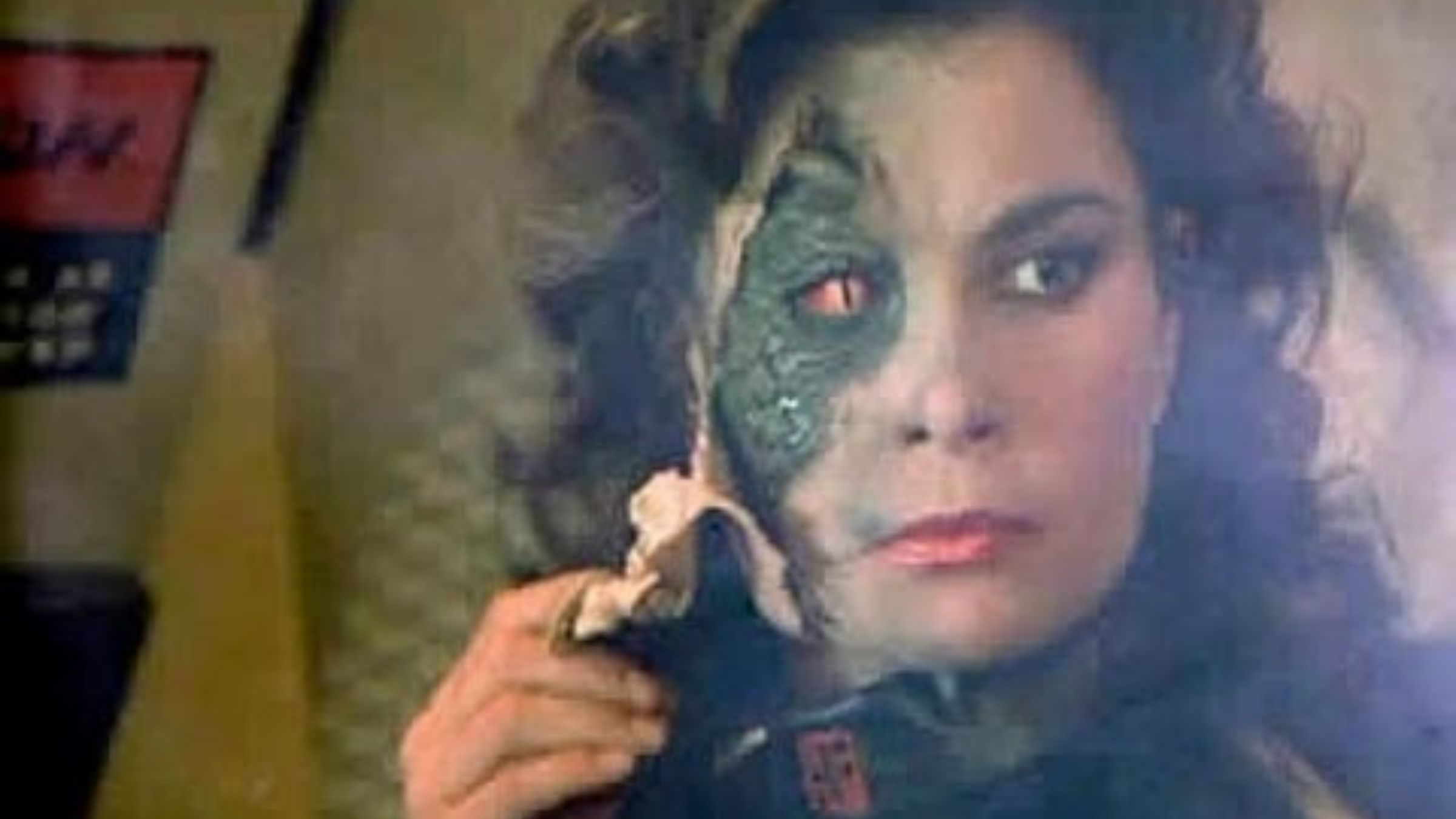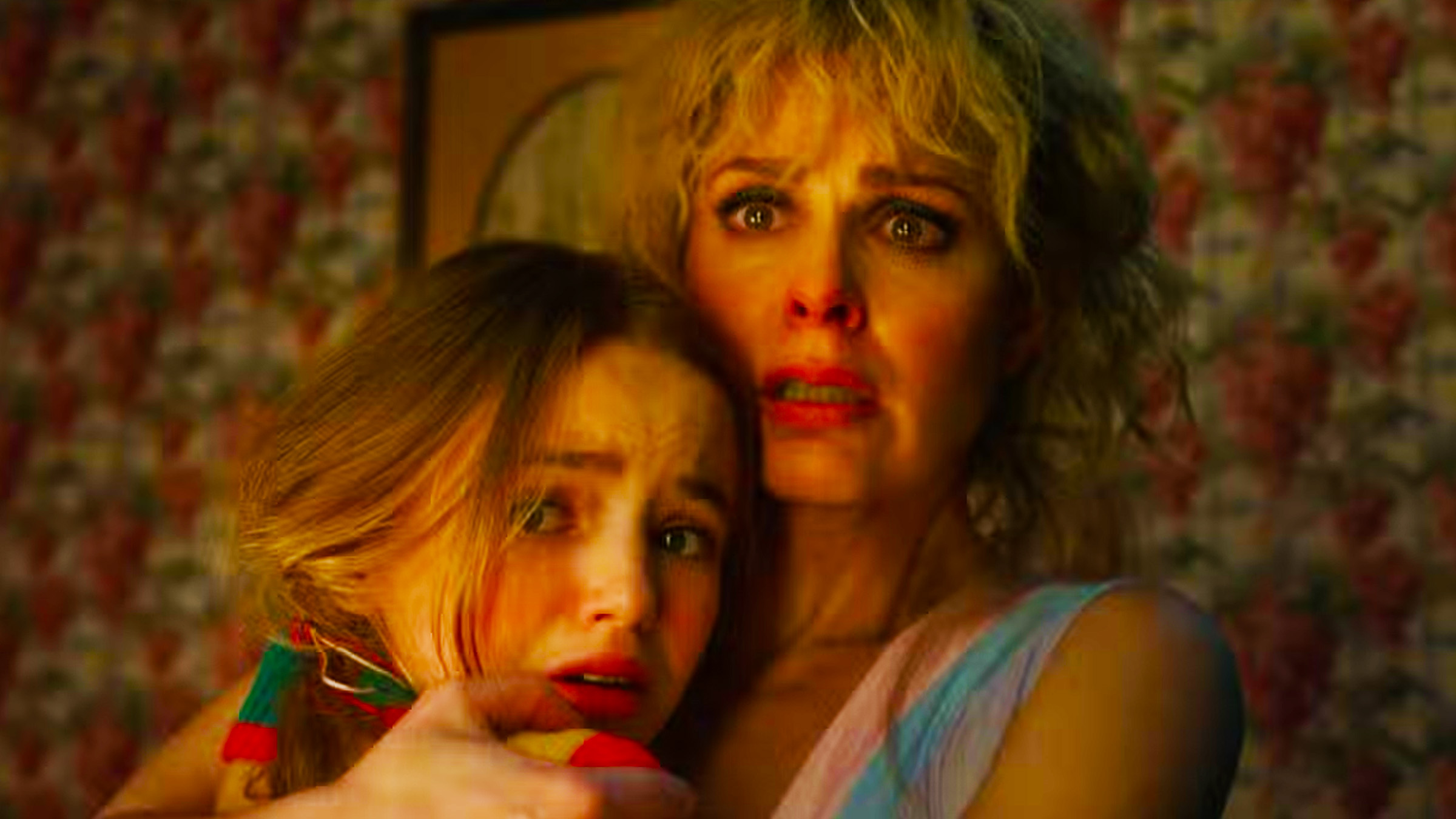
Science fiction has been a significant force in American culture since the late 1950s, even though many popular sci-fi shows aren’t American-made. As writer Rod Serling realized, the genre allowed creators to comment on society without facing censorship. Each generation has connected with at least one sci-fi show that captured the spirit of the times, regardless of how far into the future it was set. These shows resonate with audiences because they express the shared experiences of a generation.
7) Early 1960s: The Twilight Zone

The Twilight Zone was a groundbreaking science fiction series, and it was the first to openly address the anxieties hidden beneath the seemingly cheerful and successful facade of American life before the assassination of President Kennedy.
Between 1959 and 1963, Rod Serling’s The Twilight Zone used science fiction and horror to explore serious issues like racism, prejudice, and unfairness. The show tackled these themes through stories about aliens and strange events, but also featured relatable situations – like the loss of a family member – which helped make the show’s messages more accessible. Viewers were drawn in by the show’s unexpected endings, and also enjoyed seeing familiar actors in surprising roles.
6) Late 1960s: Star Trek

Star Trek is widely considered one of the most important science fiction shows ever made. It first aired during a period of significant social change and openly addressed divisive issues facing the United States. The show was groundbreaking for its diverse cast and consistently challenged broadcasting norms to promote inclusivity.
The show’s ideas, including its focus on space travel, captured the spirit of the chaotic late 1960s. With the Civil Rights Movement gaining momentum and the Vietnam War raging, America was deeply divided. Many viewers found hope in Star Trek, seeing it as a vision of a future where people lived peacefully, valued diversity, and worked to improve the universe.
5) Early 1980s: V

The 1970s saw a lot of science fiction shows, but none became truly iconic. Things changed in the early 1980s with the miniseries V. It really resonated with viewers who were worried about the Cold War escalating, particularly because both the US and Russia were focused on space exploration.
V expressed the anxieties of the time through a story about aliens who pretended to be friendly humans, but were actually plotting to use people as food and steal Earth’s water. This storyline mirrored the increasing worry that the world’s natural resources were running out, a common concern during that period.
4) Late 1980s/Early 1990s: Star Trek: The Next Generation

Like the original Star Trek, The Next Generation had a huge impact on audiences. It famously introduced Patrick Stewart as Captain Picard, and many viewers were thrilled to see Levar Burton, known from Reading Rainbow, play Geordi La Forge. The show contributed iconic phrases like Picard’s “Make it so” to popular culture and revitalized the Star Trek franchise, paving the way for later series like Deep Space 9.
Perhaps even more significantly, The Next Generation carried on Star Trek‘s dedication to ideals like acceptance, peace, and understanding, all while showcasing updated technology. Features like touchscreens and the holodeck modernized the show, but the core themes remained consistent with the best of Star Trek: The Next Generation, inspiring a new generation with a hopeful vision of a future where humanity had overcome many challenges.
3) Late 1990s: The X-Files

The TV show The X-Files captured the anxieties of the late 1990s. With the end of the Cold War and the collapse of the Soviet Union, many people grew suspicious of government secrets and entertained the idea that aliens were real, but hidden from the public by the US government.
The show The X-Files tapped into common anxieties by following two FBI agents who investigated strange occurrences. While Scully and Mulder explored the unexplained, they didn’t necessarily believe in aliens or supernatural forces. Their cases often played out like typical crime investigations, except they hunted unusual creatures instead of human criminals. Some episodes sparked controversy with their disturbing imagery or mature themes, but that didn’t stop a whole generation from becoming fans.
2) Early 2000s: The Revival of Doctor Who

The original Doctor Who was incredibly popular in Britain, but it didn’t find a large audience in the United States, where it aired on PBS with limited viewership. When the show was brought back, it featured a grittier, more mature tone, which is why it’s become a hit with younger viewers.
The new Doctor Who series began airing just a few years after the 9/11 attacks. At the time, the world felt uncertain and frightening, particularly in the United States, and there was a lot of discussion about balancing national security with individual freedoms guaranteed by the Constitution.
The idea of a show about the last survivor of a devastating time war traveling through the universe and fixing problems was incredibly attractive. Doctor Who quickly gained a large following and led to multiple spin-off series, all while championing themes of acceptance, peace, and complex ethical questions.
1) Late 2010s to 2025: Stranger Things

It’s funny, the sci-fi show everyone my age seems to connect with the most, Stranger Things, is actually set way back in the ’80s! I think it taps into this feeling of wanting things to have been simpler before everything was digital, but the show itself quickly proves that the ’80s definitely weren’t all sunshine and rainbows.
The show Stranger Things taps into the anxieties about child safety that were common in the 1980s, using the idea of alien abductions. By highlighting the unsettling side of the past, the show suggests that things weren’t as simple or secure as we often think. This message is particularly powerful now, in 2025, as many people are frustrated by political divisions and prejudice against those who are different – issues that often stem from a longing for what some perceive as a better time in American history.
What sci-fi show do you think best represents your generation? Share your thoughts in the comments on the Comic Book Forum!
Read More
- Best Controller Settings for ARC Raiders
- The Best Members of the Flash Family
- Every Targaryen Death in Game of Thrones, House of the Dragon & AKOTSK, Ranked
- Where Winds Meet: How To Defeat Shadow Puppeteer (Boss Guide)
- Battlefield 6 Season 2 Update Is Live, Here Are the Full Patch Notes
- The Pitt Season 2, Episode 7 Recap: Abbot’s Return To PTMC Shakes Things Up
- Auto 9 Upgrade Guide RoboCop Unfinished Business Chips & Boards Guide
- Dan Da Dan Chapter 226 Release Date & Where to Read
- Duffer Brothers Discuss ‘Stranger Things’ Season 1 Vecna Theory
- TikToker Nara Smith Reveals Husband Lucky Blue Doesn’t Let Her Drive
2025-10-30 02:15